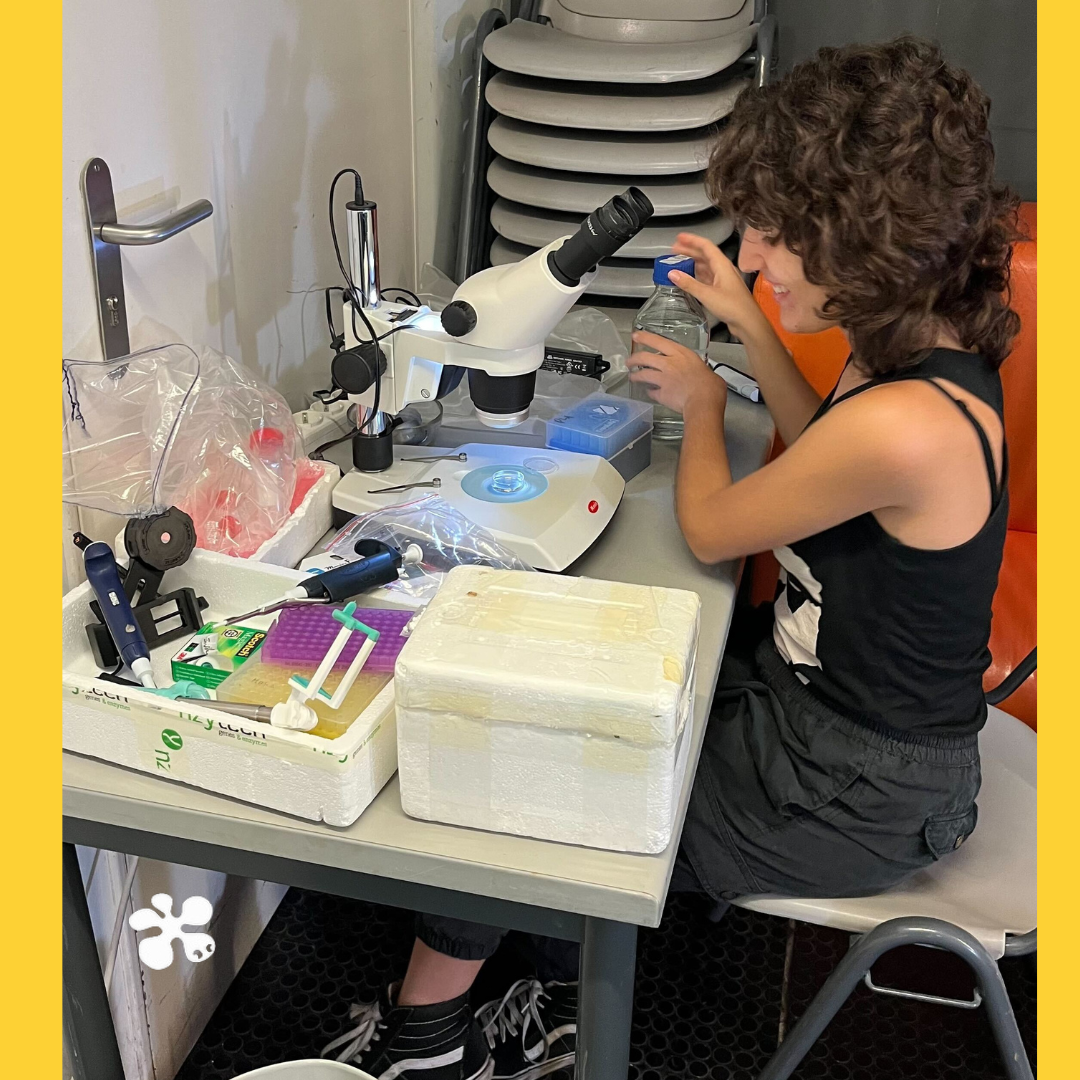Eva R. Quintana's Research Sheds Light on Marine Noise Pollution in European Basins through 'DEUTERONOISE' Project
In recent years, concerns about the rising levels of marine noise pollution, driven by human activities, have escalated on an international scale. The European Commission's ambitious pollution objectives zero are at the forefront of efforts to regulate and mitigate this issue, with the aim of preserving marine ecosystems. At the heart of this endeavor is the Marine Strategy Framework Directive (MSFD), which seeks to attain a healthy ecological status in European Union waters. One of the key components of MSFD, Descriptor 11, focuses on addressing the introduction of energy, including underwater noise, into the marine environment without causing harm to the ecosystem.
The sources of underwater noise pollution are diverse and stem from anthropogenic activities such as navigation, maritime traffic, dredging, and drilling operations. These activities often overlap with the natural acoustic environment, affecting critical functions like animal communication, defense, hunting, and mate searching. Furthermore, underwater noise interacts with physical ocean turbulence, meteorological conditions, and geophysical sounds. However, the cumulative impact of underwater noise on marine animal health remains a complex puzzle with many pieces yet to be put together.
PhD student Eva R. Quintana, from the Evo-Devo team led by Dr. Cristian Cañestro, from IRBio and the Department of Genetics, Microbiology and Statistics, dedicates her thesis to understanding and addressing the challenges posed by marine noise pollution. Her doctoral thesis project is part of the 'DEUTERONOISE' Project, which focuses on studying marine noise in different European basins and its impact on ecologically relevant deuterostome invertebrates (Superphylum that includes chordates with bilateral symmetry, in which the mouth is a secondary formation that does not arise from the blastopore unlike protostomes).
While there has been considerable research on underwater noise's effects on vertebrates, little is known about its impact on non-vertebrates. Eva's work within the 'DEUTERONOISE' Project is set to bridge this knowledge gap and provide critical insights into the often-overlooked non vertebrate marine species. By shedding light on the impact of marine noise on these ecologically significant organisms, Eva's research contributes to our understanding of how underwater noise pollution affects the delicate balance of marine ecosystems. Their work is a crucial step towards ensuring the protection and preservation of our seas and the diverse life within them.
